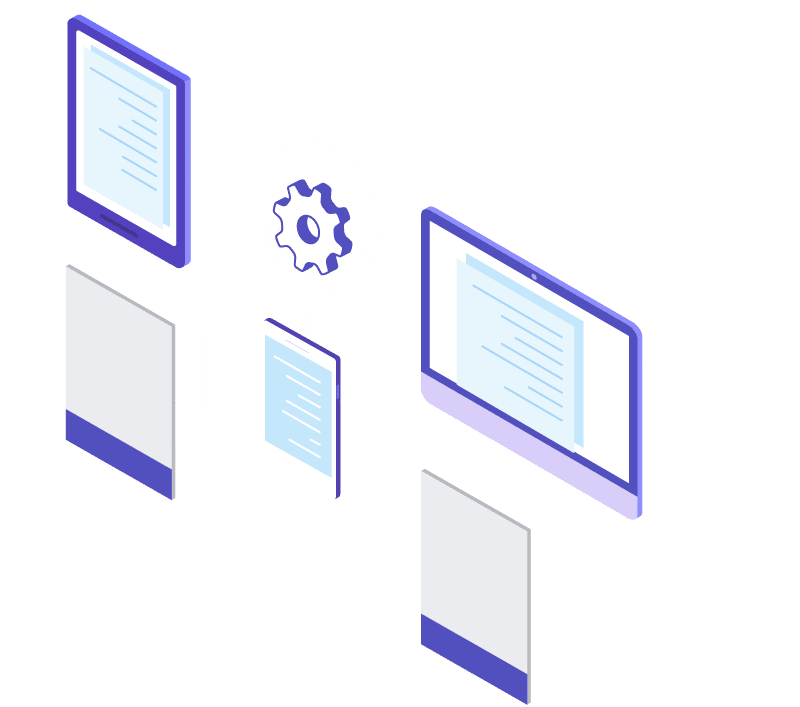GRAP 103 Readiness for Museums 2 days
Outline
GRAP 103 is an accounting standard for reporting on heritage
collections—an audit compliance requirement for all institutions holding heritage assets. With the large size of museum collections this has become an almost impossible task, requiring the museums to fully inventorise and value every item, and to conduct audits and valuations on a regular basis.
This training workshop will help you to prepare for GRAP 103, on the basis that at least 90% of the work in reaching compliance with GRAP 103 is based on good museum practice.

Learning Outcome
By the end of this training workshop it is expected that the delegates will be able to:
- Understand the scope, structure and impact of GRAP 103
- Understand the need and structure of a Heritage Asset Register
- Understand the key collection management processes which impact on GRAP 103 including: entry and exit, accession and deaccession, movement, conservation, loans in, loans out, storage management, exhibitions, risk management, etc.
- Plan and Review the object numbering and labelling systems for objects
- Develop policies and standards to address challenging issues with GRAP 103: missing items, items found in the museum, items on loan, items with unknown ownership and rights,
- Build a Heritage Assets Register, based on the existing Inventory of Collections and Objects
- Design database systems to hold the records required to support GRAP 103 reporting, and to incorporate these records within an existing collection management system.
- Understand and Assess the relevant of key audit considerations: Existence, Completeness, Condition, Validation, Rights, and Policy.
- Design and Conduct audits to establish and maintain core information about the inventory including: identify, ownership, location, condition, and valuation.
- Identify and Mitigate the risks associated with objects which may impact their value.
- Plan for the specific records required to support GRAP 103 reporting.
- Produce the GRAP 103 financial records and notes to support the annual financial reports.
Who Should Attend
Museum Directors, Museum CFOs, Collection Managers, Curators, Museum Management, Internal Collection Audit personnel, Interns.
Topics Covered
The workshop will cover topics from the following list, adapted to the needs of the institution:
- An Action Learning approach is used, applying the theory back into practical needs at your institution.
- Auditing of the collections, locations and objects.
- What is a heritage object? Are all objects in your museum always seen as heritage objects?
- Location audits in terms of environmental suitability, environmental controls, security, access, and storage suitability.
- Identification and numbering systems, including the analysis of existing numbering systems in place, and unnumbered objects.
- Labelling standards for various types of objects, to ensure that these meet the long-term requirements for labelling.
- Database and data management approaches to ensure that the records are current, including database preservation and backup strategies.
- Using collection management systems, including inventorisation, auditing, and cataloguing modules.
- Damage and loss policies and procedures.
- Risk management procedures.
- The specific terms of GRAP 103: Identification, Initial Recognition, Initial Measurement, Fair Value, Subsequent Measurement, Classes of Assets, Impairment Losses, Carrying Amount, Transfer. Derecognition, Economic Benefits, Cost Model vs Revaluation Model.
- Disclosure in the financial statements: starting with the final value of Heritage Assets, under Non-Current Assets, and then breaking this down into the support documents in the Notes to the financial statements, and to the inventory data and heritage asset register.
- Collection management procedures and policies which support reporting and disclosure.
- Comparing GRAP 103 to GRAP 17 on Property, Plant and Equipment
- Challenges in valuation, such as with natural history collections and born-digital collections.
- Examining the GRAP 103 Compliance checklist.
- Practical work concerning a selection of the above, with a minimum of 50% of the time allocated to practical work.
- Application to the situation in your museums, with your bringing in your own situation to work with during discussions and in practical exercises.
Associated Workshops
Collection Management Best Practices (three days)
Project Management for Heritage Institutions (two days)
ETHER Base Training Workshop (two days)
Dr. Roger Layton
Dr. Roger Layton has more than 40 years experience in IT and Heritage. He is in the mission of pursuing eternal heritage and he can assist you in your institution.

